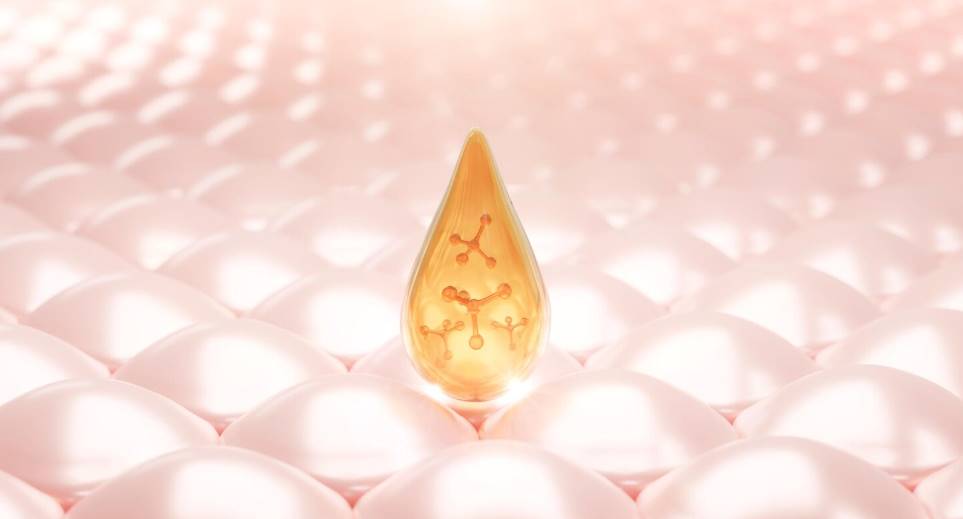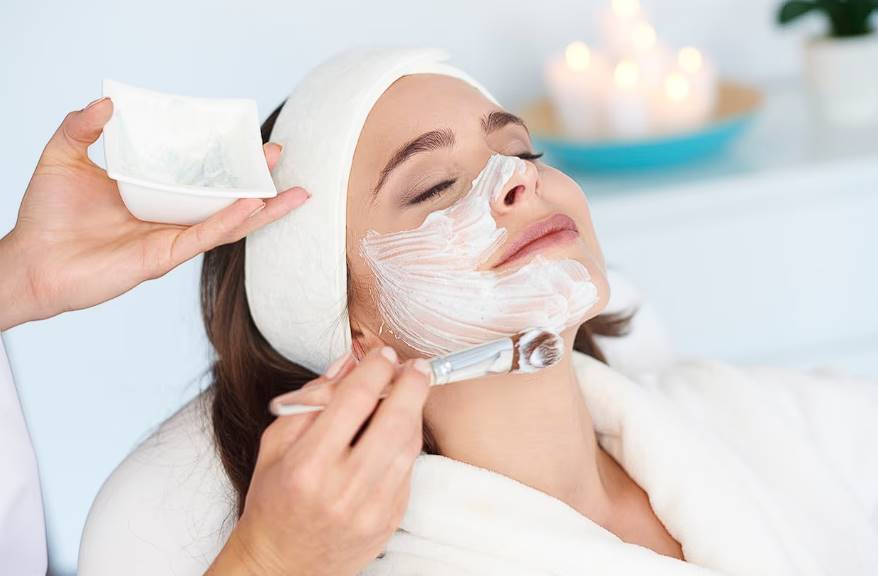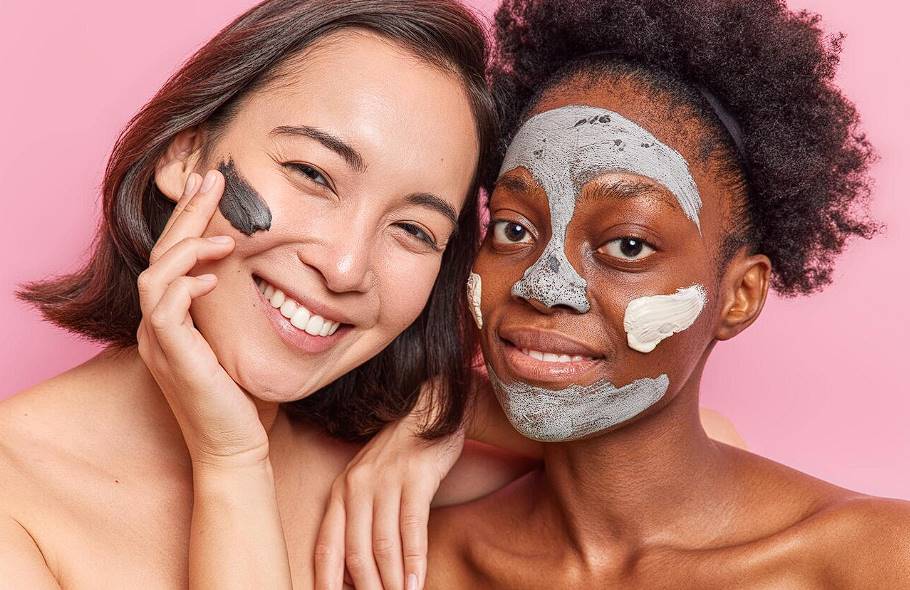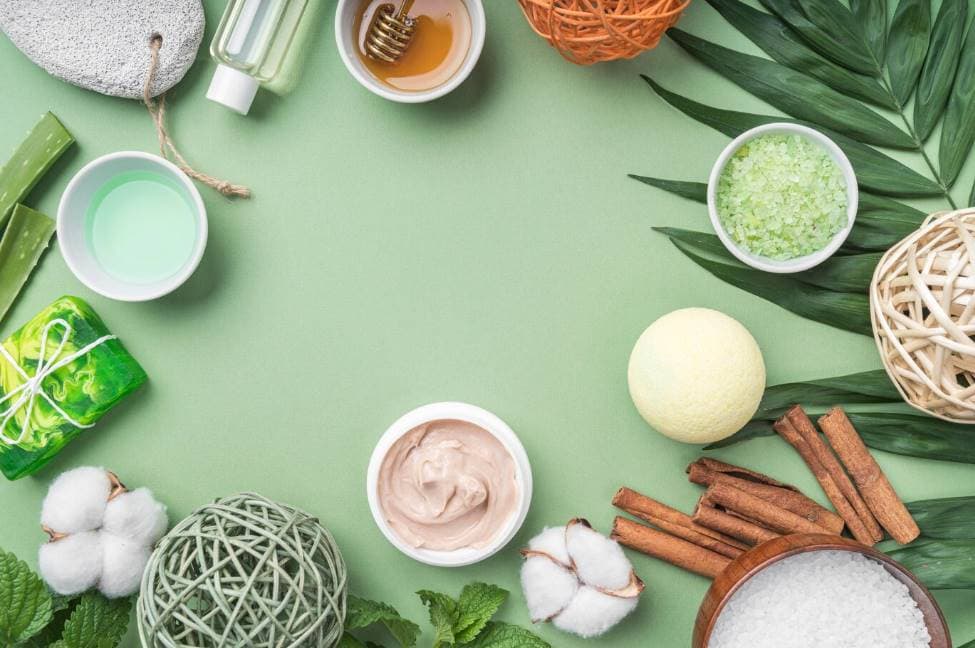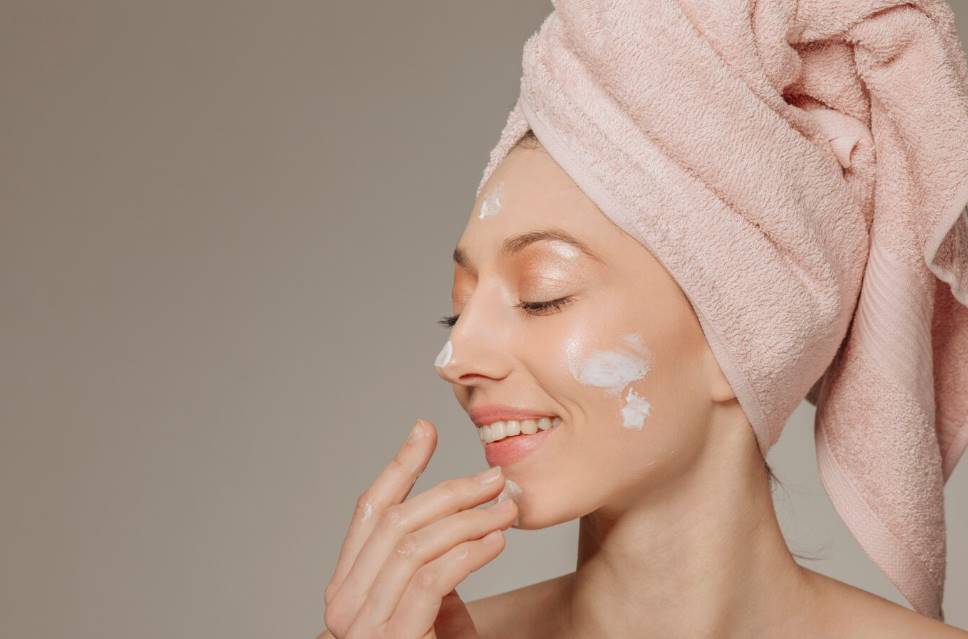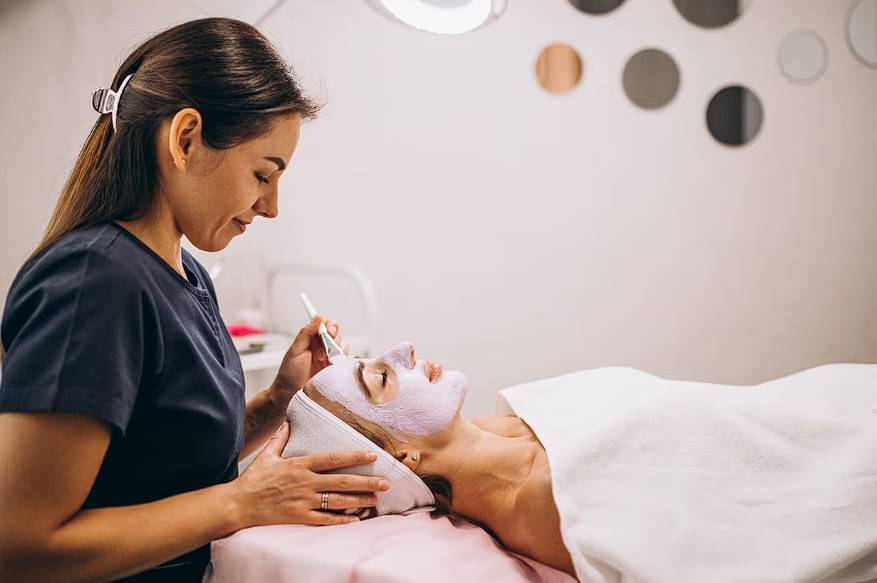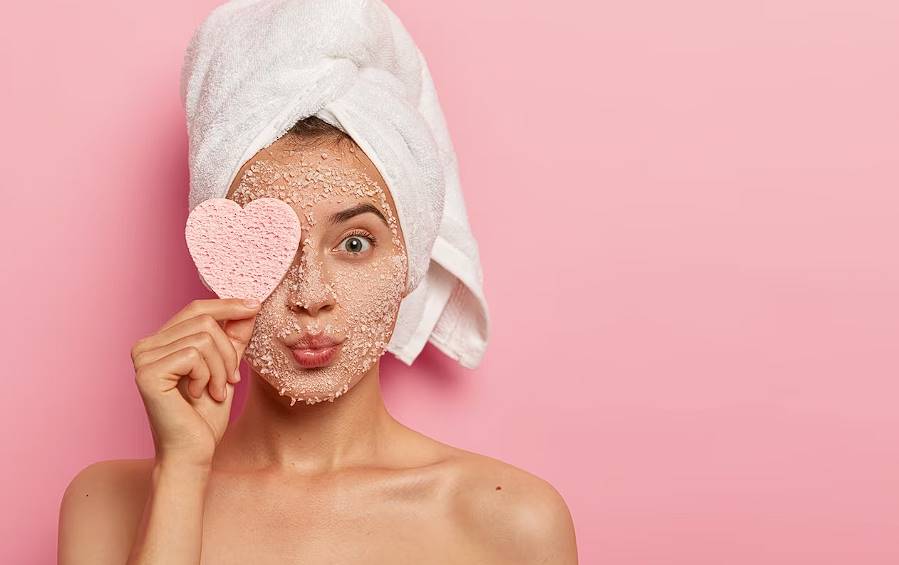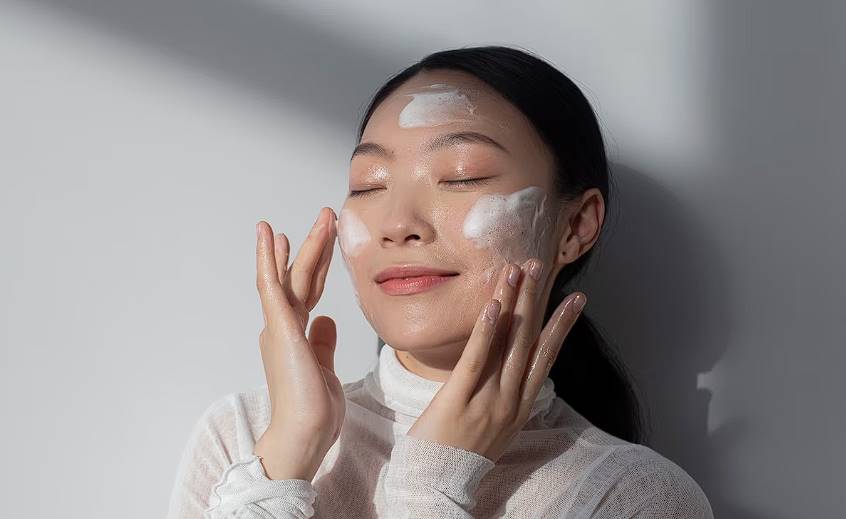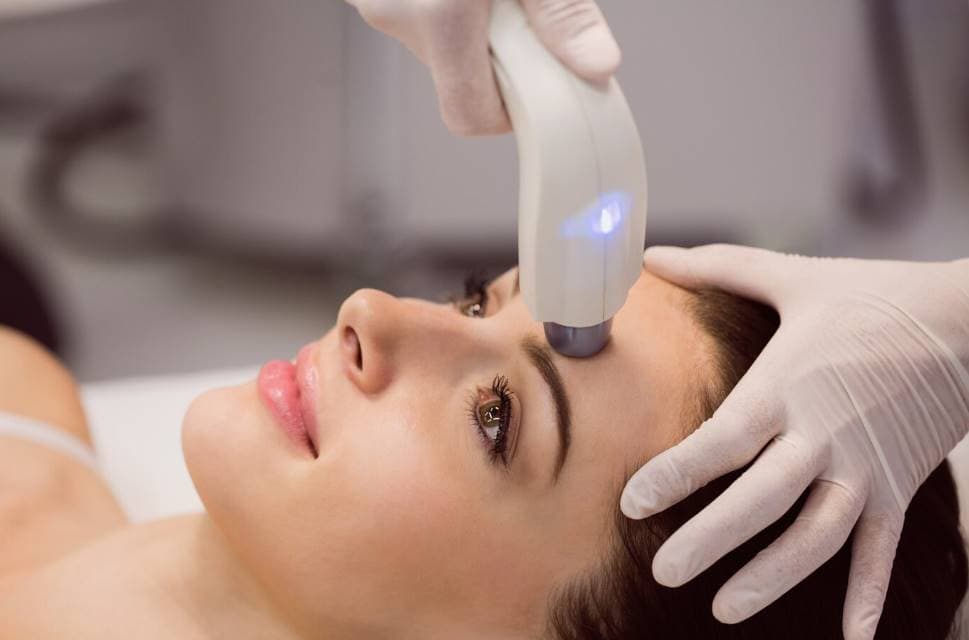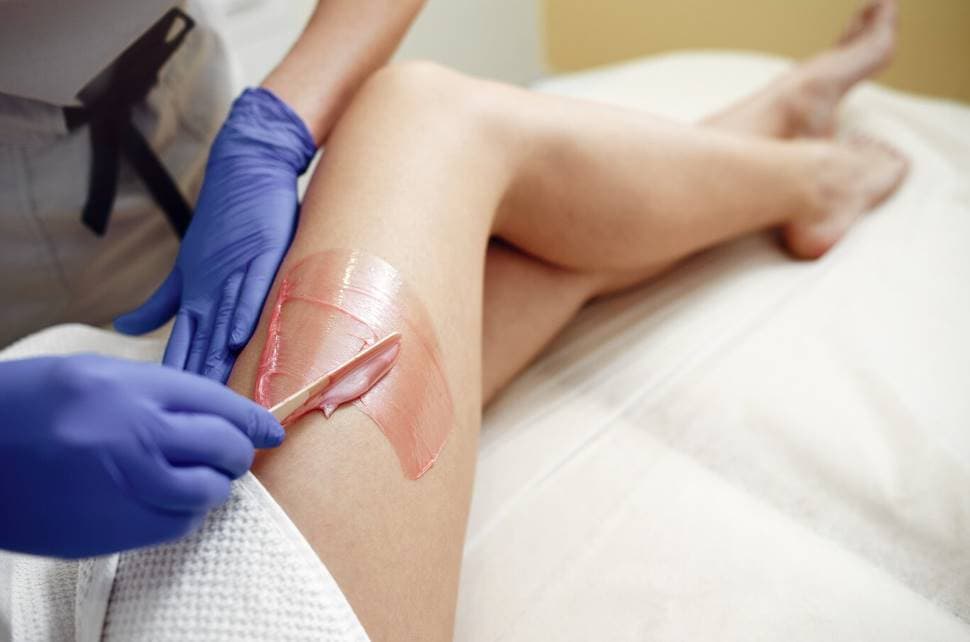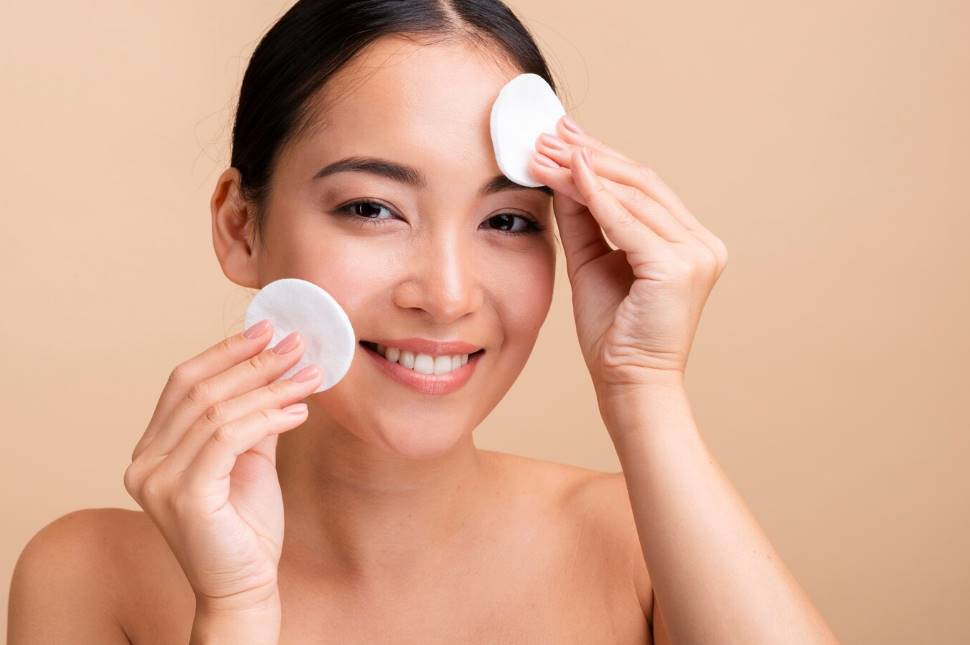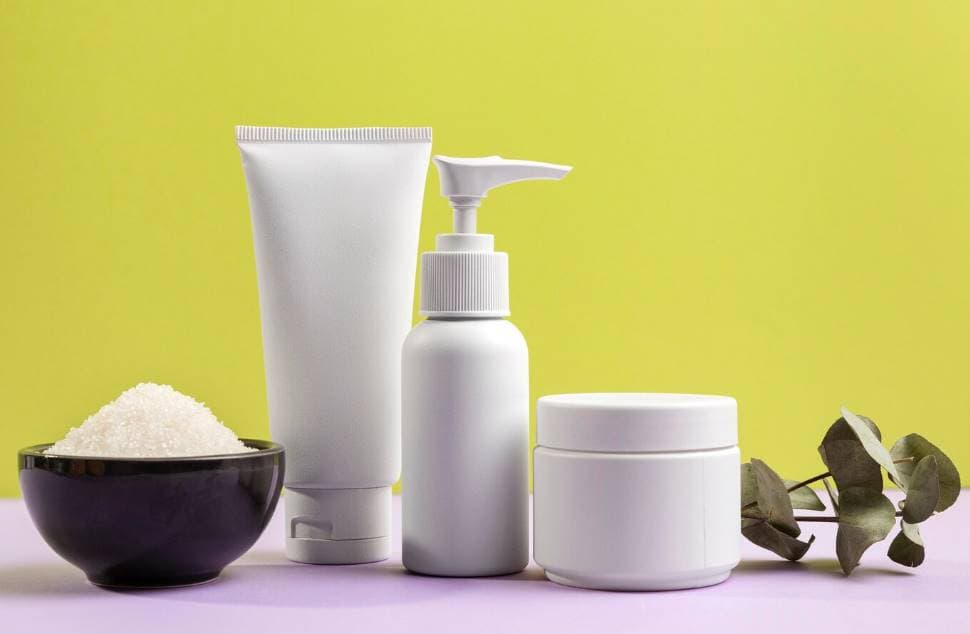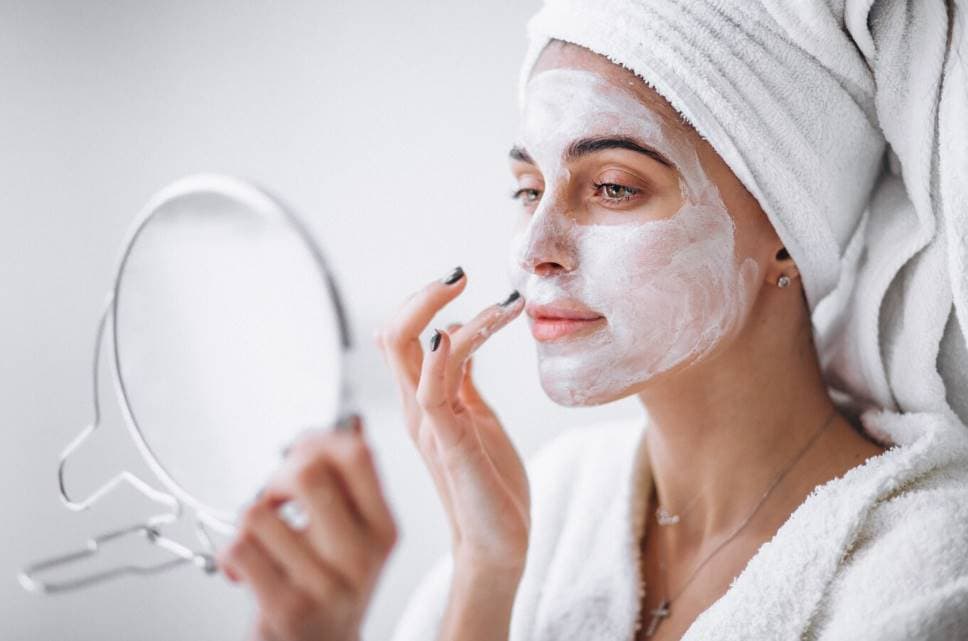Many people use different skin care treatments and products to keep their skin looking young and healthy. Even though the beauty sector is full of promising products, collagen often gets the most attention. Collagen is crucial to keeping our skin flexible, firm, and healthy.
Collagen is the most common protein in our bodies. Many of our tendons, skin, ligaments, and bones are collagenous. It holds everything together and gives our tissues strength and flexibility.
In this detailed guide, we'll dive into the universe of collagen and discover what it does and how it can help you get that coveted young-looking skin.
What Collagen Does for the Body
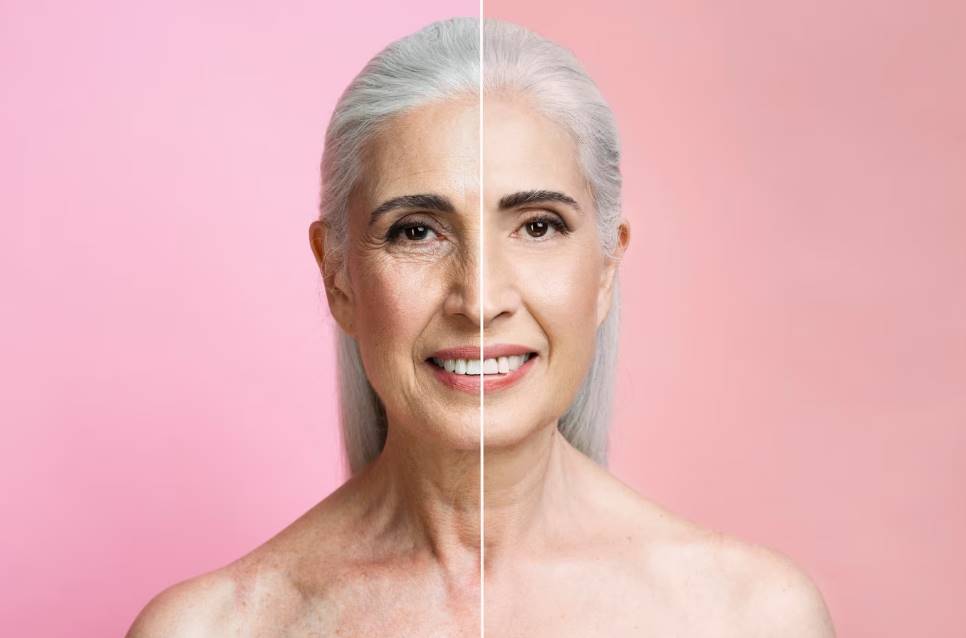
Did you realise collagen is not just a fancy component in beauty products? Many people think it's just a marketing term that doesn't mean anything, but that could not be further from the truth! Collagen is important to our skin's health, elasticity, and ability to stay moist.
Collagen is the most common protein in our bodies. About a third of our bodies' structural proteins are collagen. Our bodies make it when amino acids, proline or glycine, come together. Zinc, Vitamin C, and Copper are also involved in this process. It gives our bones, muscles, skin, and tendons their shape. Collagen holds us together like glue.
But why does collagen make skin healthy? The answer is fairly simple. Collagen is important for keeping the skin smooth, firm, and looking young. As we age, our bodies make less collagen, which can cause wrinkles, skin that sags, and those annoying fine lines. So, if you want your skin to look its best, consider eating collagen-rich foods, taking collagen supplements, and using collagen-rich skin care products.
Why Is Skin Collagen Decreasing With Age?
Face ageing starts in your 20s and is caused by internal (genetics and natural ageing) and external (sun, stress, smoking, etc.). As skin ages, it loses collagen, making it thinner and weaker.
By age 40, most individuals have lost 20% of their collagen; by age 50, they may have lost up to 30%.
How to Tell if You're Losing Collagen
When you lose collagen, it changes how you look and how you feel. The first signs might take a lot of work to notice. But the sooner you start, the better you can do to get your body's collagen back and see good results.
Teeth Problems
Collagen is a key part of how your teeth stay in place on your gums. You might start to have issues with your teeth, like pain, sensitivity, and tooth decay that happen too quickly.
Weak Blood Vessel Walls
As the amount of collagen goes down, so does the durability of the walls of the blood vessels. You might get dry eyes, headaches, trouble breathing, rashes, etc.
It's important to note that the above signs could also be signs of other health problems. So, it's important to talk to your doctor, not self-diagnose, and be cautious about giving yourself supplements or medicines.
Wrinkles and Fine Lines
Since losing collagen causes the skin to dry out and thin, wrinkles and fine lines start to show up.
Joint Pain
As you lose collagen, your joints start to get more worn down. At some point, they might be hurt when doing normal things.
Loss of Natural Fullness
The cheeks get flatter, and hollows form under the eyes. These are likely signs of collagen production loss if you haven't recently lost an immense amount of weight.
Weight Gain
Your metabolism could slow down if you have less collagen. So, even if you don't change how you eat, you might start gaining weight.
Lifeless Hair
Hair starts to get thinner and doesn't look as good as it used to. You might also lose hair. As collagen levels drop, hair can start to split or break.
Sagging Skin
Since collagen gives skin its elasticity, so does your skin's firmness when it starts to go away. Your jawline, face, buttocks, and stomach may show signs of sagging.
How Can Collagen Production Be Increased?
Even though you can't turn back time, you can stop collagen production from falling and make your skin look younger. This is because the process of making collagen works like a chain reaction.
The more collagen you have in the body, the more of this important protein that the body will make. So, it is possible to make more collagen and keep it at higher levels for skin that looks healthier and younger.
Your body will make more collagen if you already have it. By setting off this chain reaction and keeping your collagen levels high, your skin appears healthier and more youthful.
What Foods Have a Lot of Collagen?
Your first step should be changing your diet since food is always the best way to get the necessary vitamins. With this in mind, try to eat more of these collagen-rich foods.
Meats Like Beef, Pork, Chicken, Eggs, and Fish.
Since animals and fish have collagen in their skin, bones, and ligaments, consuming them only makes logical sense if you'd like to get a lot of collagen in your diet. However, many people who eat Western-style meals might prefer something other than high-collagen animal parts, such as organ meats, ligaments and tendons, chicken feet, and shrimp shells.
You might worry, for example, about the fat in chicken skin. But specialists say that the majority of the cholesterol in chicken skin is unsaturated fat, which is better for you. But keep in mind that about 28% of the oil in chicken skin constitutes saturated fat.
Bone Broth
This is at the top of the list of foods with a lot of collagen. Bone broth can be bought at the store or made at home. To make a bone broth home, boil bones from beef, pork, chicken, or fish in water.
Most recipes say to let this mixture of bones and water simmer for several hours. This lets the flavour get stronger, and the collagen comes out. You can add vegetables, like carrots, onions, and celery, and herbs, like rosemary and thyme, to make it healthier and taste better.
Skin Collagen-Boosting Treatments
Since collagen is such an important part of healthy, young skin, several treatments try to make the skin make more collagen.
Laser skin resurfacing, microdermabrasion, microneedling, ultrasound, and radio-frequency are all remedies that claim to speed up skin renewal by causing a controlled injury. The trauma will start a healing procedure to make the skin look younger and less wrinkled and saggy. The treatments will have some risks, depending on how bad the trauma was.
Other types of biostimulators work differently. Biostimulators use certain substances which are injected into the deep dermis. There, these substances start the process of making collagen. For this, different kinds of chemicals are used in different products.
They break down over time and will be gone from the skin. Biostimulators slowly rebuild the structure of the skin over time. Even though biostimulators don't use trauma to make collagen grow back, they can have side effects.
Benefits of Collagen for Your Skin
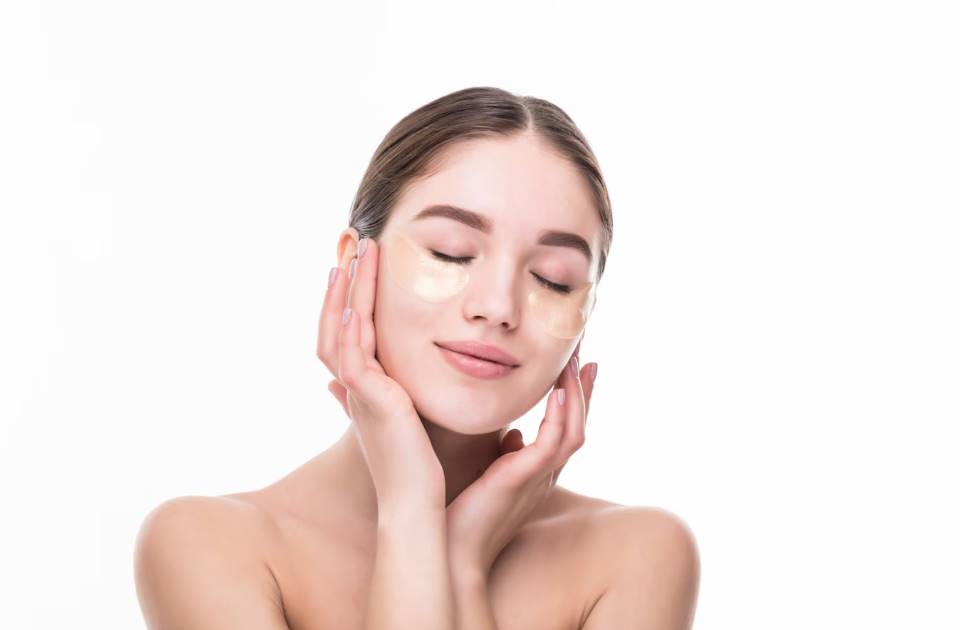
We'll talk about what makes collagen special and why it's important for lasting beauty. We'll also give you tips on using collagen treatments to keep your skin shining, like when you were born.
Keep reading if you're ready to learn more about collagen and take charge of your best skin yet.
Improves Skin Elasticity
Collagen gives the skin strength and elasticity, which helps it keep its firmness and rebound. Our bodies make less collagen, which causes sagging and wrinkles. Collagen creams and vitamins can help the body make more collagen, making the skin more flexible and reducing the signs of ageing.
Could Ease Joint Pain
Collagen helps keep your cartilage, the rubbery tissue that helps protect your joints, in good shape. As you age, the level of collagen in your body goes down. This makes you more likely to get degenerative joint diseases like osteoarthritis.
Some studies show that supplements with collagen may help ease the pain and other symptoms of osteoarthritis. A review of studies on people with osteoarthritis showed that taking collagen significantly affected how stiff their joints were and how bad their symptoms were overall.
Researchers think extra collagen might build up in cartilage and make your body's tissues more collagen. This could lead to less pain, less inflammation, and better joint support.
Even though the study looks good, experts warn that more proof is needed before collagen can be recommended for osteoarthritis.
Boosts Skin Hydration
Collagen is very good at holding on to water, which helps the skin keep its moisture. Skin that is well-hydrated looks fuller, smoother, and appears more radiant. Collagen-based skin care products, like collagen creams, can make the skin more hydrated and help it look healthier.
May Prevent Bone Loss
Collagen makes up most of your bones, giving them shape and strength. In the same way that collagen breaks down as you age, bone mass does, too. This can lead to conditions like osteoporosis, which causes bones to be less dense and makes them more likely to break.
Researchers have found that supplements with collagen may help stop the bone loss that causes osteoporosis.
Fine Lines and Wrinkles Are Smoothed Out.
Collagen is a key part of keeping the skin's structure in place, and as it breaks down with age, wrinkles and fine lines appear. Using skin care products with collagen in them or taking a collagen supplement can help the body make more collagen, which can help reduce the look of these typical indications of ageing.
May Promote Heart Health
Generic supplements might help lower the chance of getting heart conditions. Your arteries, which carry the blood from the heart into the other parts of your body, have shape because of collagen. Without enough collagen, arteries can get stiffer and less flexible.
This could cause you to get atherosclerosis, a disease that narrows your arteries. This problem could cause a heart attack or a stroke.
Supports Wound Healing
Collagen is an important part of healing wounds because it helps new tissue grow and repair damaged skin. Collagen products on the skin can help speed up the healing process and make scars less likely to form.
Conclusion
Collagen is a crucial protein in our bodies, making up about a third of our structural proteins. It holds our bones, muscles, skin, and tendons together, providing strength and flexibility. As we age, collagen production decreases, leading to wrinkles, sagging skin, and fine lines. To maintain youthful skin, it is essential to consume collagen-rich foods, take collagen supplements, and use collagen-rich skin care products.
Collagen decreasing with age can cause tooth problems, weak blood vessel walls, dry eyes, headaches, trouble breathing, and rashes. It is important to consult a doctor before taking supplements or medicines, as these signs could also indicate other health problems.
Collagen production can lead to wrinkles, fine lines, joint pain, loss of natural fullness, weight gain, lifeless hair, and sagging skin. To increase collagen production, the body works like a chain reaction, with more collagen produced in the body and higher levels of collagen. By setting off this chain reaction and maintaining high collagen levels, you can achieve a healthier and more youthful appearance.
Collagen is a vital component of healthy skin, providing essential vitamins and minerals. It is found in meats like beef, pork, chicken, eggs, and fish, as well as bone broth made from boiling bones in water. Collagen-boosting treatments, such as laser skin resurfacing, microdermabrasion, microneedling, ultrasound, and radio-frequency, aim to increase collagen production in the skin.
Collagen improves skin elasticity, reduces signs of aging, and eases joint pain. Supplements with collagen may help ease the pain and symptoms of osteoarthritis, as extra collagen builds up in cartilage and makes the body's tissues more collagen. Collagen-based skin care products can make the skin more hydrated and appear more radiant.
Collagen may prevent bone loss, smooth out fine lines and wrinkles, and promote heart health by reducing the chance of atherosclerosis, a disease that narrows arteries and can lead to heart attacks or strokes. Collagen also supports wound healing by helping new tissue grow and repair damaged skin.
In summary, collagen is a crucial component of healthy skin, providing numerous benefits. Consuming collagen-rich foods like meats, bones, and bone broth can help maintain elasticity, reduce joint pain, and promote overall health. However, more research is needed to determine its potential benefits for specific conditions.
Content Summary
- Collagen is the secret to youthful skin.
- People turn to various skincare treatments for a youthful appearance.
- Collagen garners significant attention in the beauty industry.
- Collagen is essential for skin's firmness and flexibility.
- Collagen is the most prevalent protein in the body.
- It provides strength and cohesion to tendons, skin, and bones.
- This guide delves into collagen's role and benefits for youthful skin.
- Collagen's importance extends beyond marketing claims.
- It is vital for skin health, elasticity, and hydration.
- A third of structural proteins in our bodies are collagen.
- Amino acids, proline, and glycine contribute to collagen production.
- Zinc, Vitamin C, and Copper are involved in collagen synthesis.
- Collagen maintains smooth, firm, and youthful skin.
- Aging reduces collagen production, leading to wrinkles and sagging.
- Maintaining collagen levels is crucial for skin's best appearance.
- Collagen loss begins in one's 20s due to genetics and external factors.
- By age 40, most individuals lose 20% of their collagen.
- By age 50, collagen loss can reach up to 30%.
- Signs of collagen loss may be subtle initially.
- Tooth problems, sensitivity, and decay can result from collagen loss.
- Collagen decline weakens blood vessel walls, causing dry eyes and headaches.
- Seek professional advice before self-diagnosing or taking supplements.
- Collagen loss leads to dry, thin skin with wrinkles and fine lines.
- Joints can become painful as collagen diminishes.
- Loss of natural fullness can affect facial features.
- Collagen's impact on metabolism may lead to weight gain.
- Collagen loss affects hair thickness and quality.
- Skin starts to sag without sufficient collagen.
- Collagen levels impact skin firmness in areas like the jawline and buttocks.
- Increasing collagen production is possible.
- More collagen in the body promotes its continued production.
- Maintaining high collagen levels enhances skin health.
- Diet plays a crucial role in collagen intake.
- Foods rich in collagen include meat, chicken, and fish.
- Organ meats, ligaments, and tendons are collagen sources.
- Bone broth is a collagen-rich option.
- Vegetables and herbs can enhance bone broth's nutritional value.
- Various treatments aim to boost collagen production.
- Laser resurfacing, microdermabrasion, and microneedling stimulate collagen renewal.
- Biostimulators use substances to trigger collagen production.
- Collagen treatments carry potential risks.
- Collagen's benefits extend beyond aesthetics.
- Collagen improves skin elasticity, reducing signs of aging.
- It may alleviate joint pain and protect cartilage.
- Collagen supplements may benefit those with osteoarthritis.
- Collagen enhances skin hydration and radiance.
- It may help prevent bone loss and conditions like osteoporosis.
- Collagen reduces fine lines and wrinkles.
- It may promote heart health by maintaining artery flexibility.
- Collagen supports wound healing and minimizes scarring.
Frequently Asked Questions
Different skin types can benefit from collagen, but choosing products that match your skin's needs is important.
Collagen supplements are usually safe, but it's always a good idea to talk to a doctor before starting any new diet.
Results can differ, but it may take weeks to a few months of consistent use to see changes.
Even though collagen can make skin look better, it can't stop all signs of ageing.
As with dermal fillers, collagen treatments can cause temporary side effects like redness or swelling, but they usually go away after a few days.
